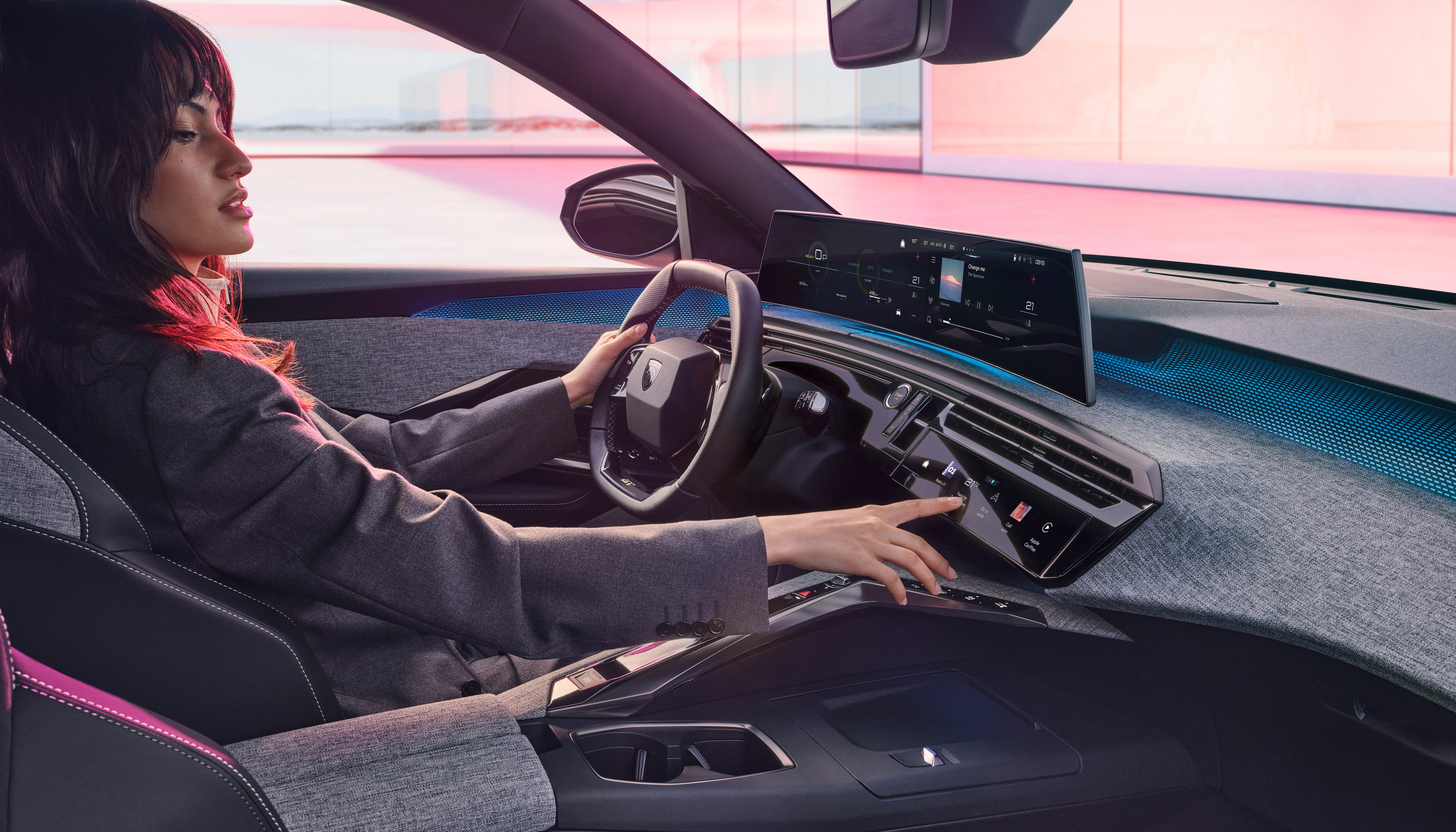
TAGS:
Produit & Design
Our customer care team are here to help and ready to assist you on 0800 042 2422
Try it for yourself and discover the allure of Peugeot
August, 2023
2 minutes read
In 2014, Stellantis production centres revolutionised their working methods by adopting full kitting. This innovative process enables them to control every step of the process, while responding quickly and efficiently to specific customer requests. To find out more, we spoke to Arnaud SAUL, Logistics Manager at Stellantis' Mulhouse site. Read on to discover more about this industrial breakthrough, which has propelled Stellantis plants to new heights of efficiency and performance.
Full kitting involves preparing all the parts needed to assemble a vehicle on a single cart. A sophisticated system automatically selects the parts to be collected. Once the kit has been assembled, the automated cart positions itself close to the vehicle to be assembled. It follows the vehicle from one end of the line to the other, allowing operators to pick up the materials they need as they go along.
See this skilfully orchestrated process in action here:
Full kitting is inspired by the working methods of Japanese manufacturers.
It is used in many manufacturing sectors, including electronics, aeronautics and pharmaceuticals.
The Hordain site in France was the forerunner, becoming the first European plant in the PSA Peugeot Citroën Group to adopt full kitting back in 2014.
Peugeot vehicles are mainly assembled in France.

